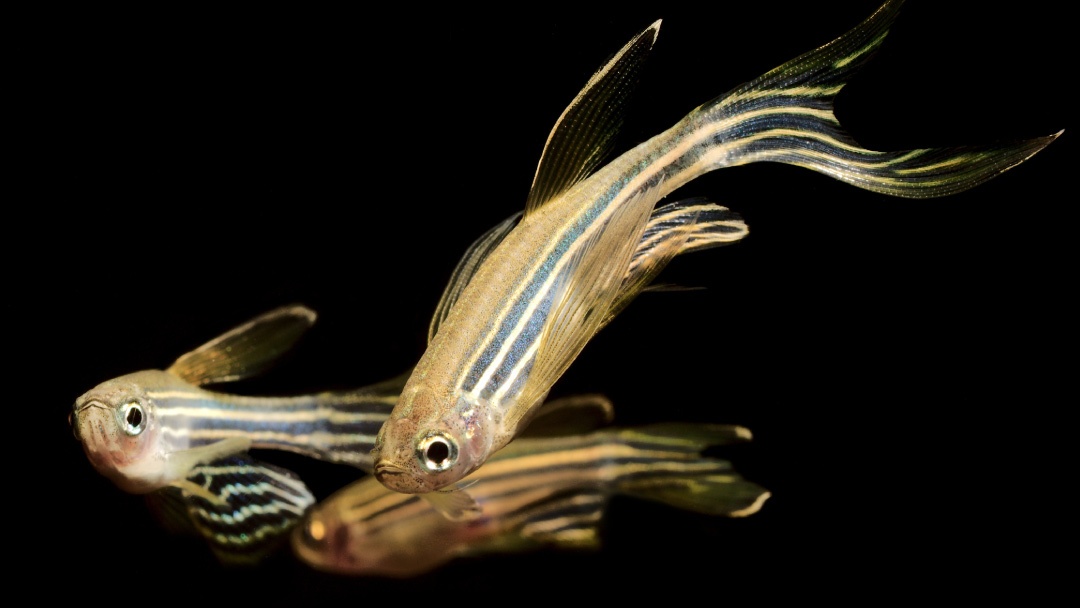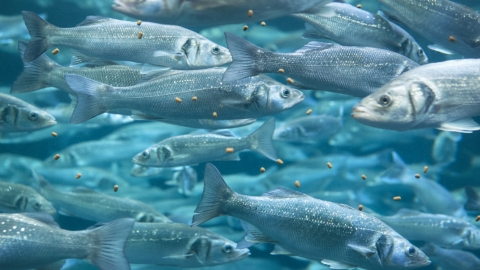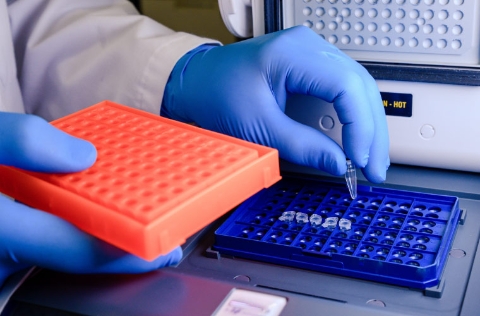
A new study conducted by scientists at the University of Padova and the University of Napoli Federico II has found that short-term feed withdrawal in zebrafish does not trigger physiological stress, paving the way for more ethical handling practices and refined sampling techniques in both research and aquaculture.
Published in Research in Veterinary Science, the investigation assessed the effect of a 96-hour fasting period on adult zebrafish (Danio rerio), a common species in scientific studies. The results show that neither primary stress markers, such as cortisol, nor secondary indicators related to oxidative damage and cellular stress, were significantly affected.
The findings support current recommendations in aquaculture and laboratory protocols that suggest short periods of feed depravation before transport, handling or sedation. This is particularly relevant for improving animal welfare under the “One Welfare” framework, which links animal health to human and environmental well-being.
In addition to evaluating stress levels, the researchers developed a new method to measure cortisol directly from the caudal fin of zebrafish. This represents an important advance in non-lethal sampling, allowing individual-level hormone analysis without resorting to whole-body homogenates or isolation-based water sampling.
Traditionally, stress in small fish has been measured using group water samples or entire body tissue, both of which have limitations. Water sampling can be affected by handling stress and offers group-level data, while whole-body analysis requires euthanasia. The use of fin tissue offers a middle ground-more accurate than group water samples, and less invasive than suppressing the animal.
“Short-term feed withdrawal does not significantly affect key physiological stress markers in zebrafish,” the researchers report, adding that the method enables multiple biological analyses from a single specimen-optimising data collection while reducing animal use.
While overall stress responses were minimal, the levels of advanced oxidation protein products (AOPP), which are indicators of oxidative stress in proteins, showed a slight increase in fasted males compared to control females. However, no significant differences were observed in other parameters, including markers of oxidative stress targeting lipids and nucleic acids (such as DNA), as well as stress-related proteins.
Researchers highlight the potential of the fin sampling technique, along with cortisol measurement in this matrix, to reduce the number of animals required in experiments and to enable more detailed assessment of stress at the individual level. However, they also stress the need for appropriate anesthesia and pain management when using fin tissue in live animals.
In conclusion, researchers noted, the results confirm that a four-day fasting period does not compromise the physiological well-being of zebrafish and can therefore be considered safe for short-term use in research or aquaculture settings. The new cortisol sampling technique could also be applied to other small-bodied species where traditional methods are not feasible.



